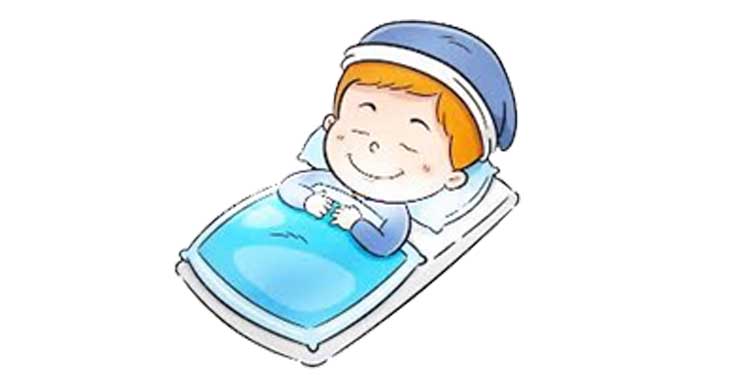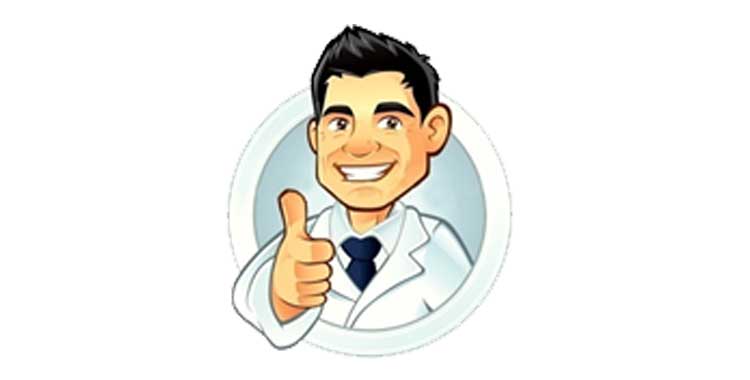- Home
- About us
- Treatments
- Emergency Dental Treatment
- Services
- Contact Us
It is the use of sedative medications in order to make the patient more relaxed and to allow the dentist to perform the necessary dental procedures.
make an appointment
If you have a fear of dentists or of dental treatment sedation is an option for you. It enables dental treatment to be carried out whilst you are relaxed and makes your visit much more pleasant. It is commonly used on patients who have a fear or phobia of dental treatment. This fear can be for a number of reasons including:
The underlying issue is that whatever phobia patients may have, they will often choose to neglect dental treatment because of this phobia and thus create more damage to the teeth. Sedation not only helps the patient but also greatly assists the dentists as they are able to carry out the procedure with greater cooperation from a relaxed patient.

Sleep Dentistry
Anxious? Worried? Had a bad dental experience previously? No need to worry. We take pride in providing a gentle, pain free and positive dental experience.
Did you know 1 in 6 Australians are affected by high levels of dental fear? That's close to 4 million of us ! Sadly, people with dental fear regularly avoid/delay dental visits and often have poor dental health.
We often treat patients at NOWRA PRIVATE HOSPITAL or SHELLHARBOUR PRIVATE HOSPITAL under general anaesthetics with the help of a Specialist Anaesthetist.
Our patients feel nothing, remember very little and are able to get the treatment they need !
It's OK to be apprehensive about dental treatment. We are here to help.

General Anaesthesia is commonly used in order to facilitate dental treatment in patients with anxiety, dental phobia, previous bad dental experiences or challenging behaviour, children or patients with special needs. (Baby teeth or adult teeth removal) or Wisdom teeth removal in adults.
Usually it is carried out in a hospital setting, in an operation theatre with the help of a Specialist Anaesthetist.
Please talk to our Dentists or Receptionist for further information regarding dental treatment under General Anaesthesia.
It is the use of sedative medications in order to make the patient more relaxed and to allow the dentist to perform the necessary dental procedures. These medications range from tranquilizers to anxiolytics and can be administered in a number of ways.
These medications do not send you to sleep, though you will feel sleepy and relaxed.
There are a few different types of sedation dentistry that facilitate performing dental procedures:
Oral conscious sedation – is exactly as it says, the patient is given oral sedatives which will relieve most of the stress although he will remain conscious in order to follow any instructions given by the dentist.
You will be given a sedative to be taken before you go to bed at night and another sedative to be taken the next morning when you wake up. These sedatives will make the patient feel drowsy and have a similar effect to amnesia and you may not remember a lot about the procedure. Although oral sedatives cannot relieve pain, you will be relaxed when the dentist administers the local anesthetic .
Due to extreme drowsiness effect, you are advised not to drive to or from the dental surgery.
Inhalation sedation – Nitrous oxide – this is more commonly known as laughing gas as one of the effects is the feeling of happiness.
Nitrous oxide is very popular with the dentists as it only takes around 5 minutes from inhaling for it to take effect and because of how quickly a patient recovers from it. Typically the patient will remember very little of the procedure and can sometimes fall asleep.
The added advantage of Nitrous oxide is that it can be used for the exact time span for which sedation is needed, unlike oral sedatives which have a specific and limited effect. Additionally, Nitrous oxide can be administered in incremental doses until the desired level is achieved.
We DO NOT provide nitrous oxide sedation at our practice.
Intravenous sedation – this is sometimes referred to as IV sedation and is a drug administered through an injection to make people feel like they are asleep. You actually remain conscious and can follow the dentists instructions although the feeling of relaxation is so intense that you are unlikely to remember much about the procedure.
The sedation is administered into the vein and can only be performed by an experienced and trained dentist. The common anti anxiety sedatives that are used for IV sedation are benzodiazepine, propofol, and other medications.
Although IV sedation is very popular it is not recommended for patients with fear of needles, if you are pregnant, suffer from glaucoma, lung or kidney problems or if you are allergic to sedative drugs. Additionally, older patients are not recommended for IV sedation.
We DO NOT provide IV sedation at our practice.
Local anaesthetic - This works by blocking nerve impulses to the site where the dental procedure is being performed. An anaesthetic gel or spray which has a numbing effect may be applied before the local aesthetic injection is administered. Under local aesthesia you are fully conscious although you do not feel any of the effects of the treatment.
General anaesthetic - General aesthesia is used to facilitate oral surgery and can be used for people who are not eligible for sedation dentistry. General aesthesia leads to a state of unconsciousness and the side effect may last for several hours after the procedure is done.
This is carried out by OUR DENTISTS at NOWRA PRIVATE HOSPITAL or SHELLHARBOUR PRIVATE HOSPITAL with the help of specialist anaesthetist and NOT at our practice.
"Any surgical or invasive procedure carries risks. Before proceeding, you should seek a second opinion from an appropriately qualified health practitioner."